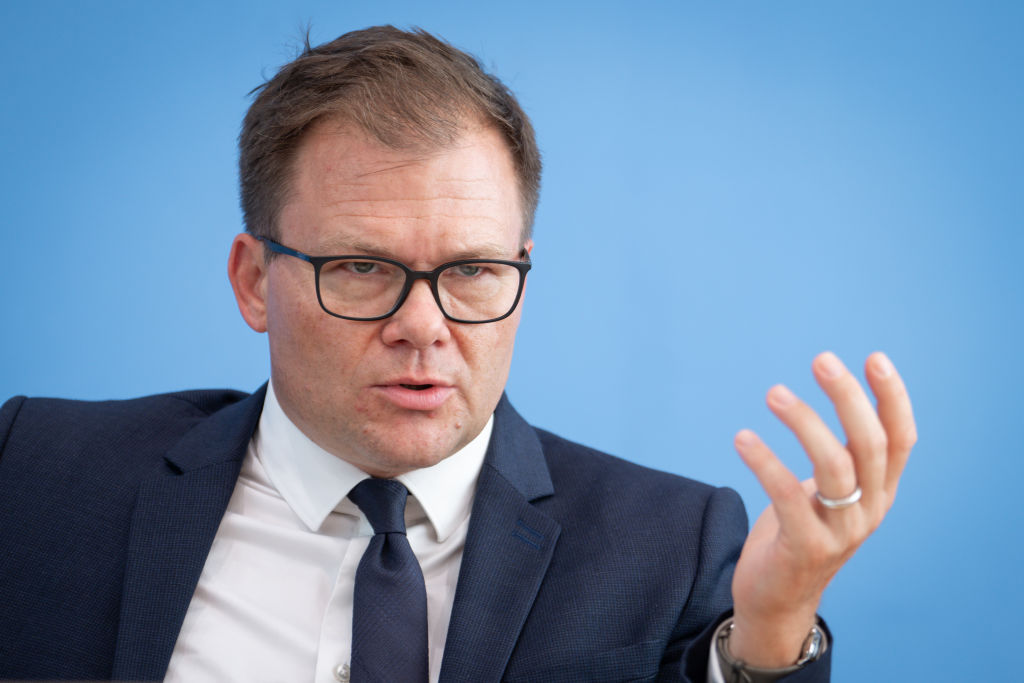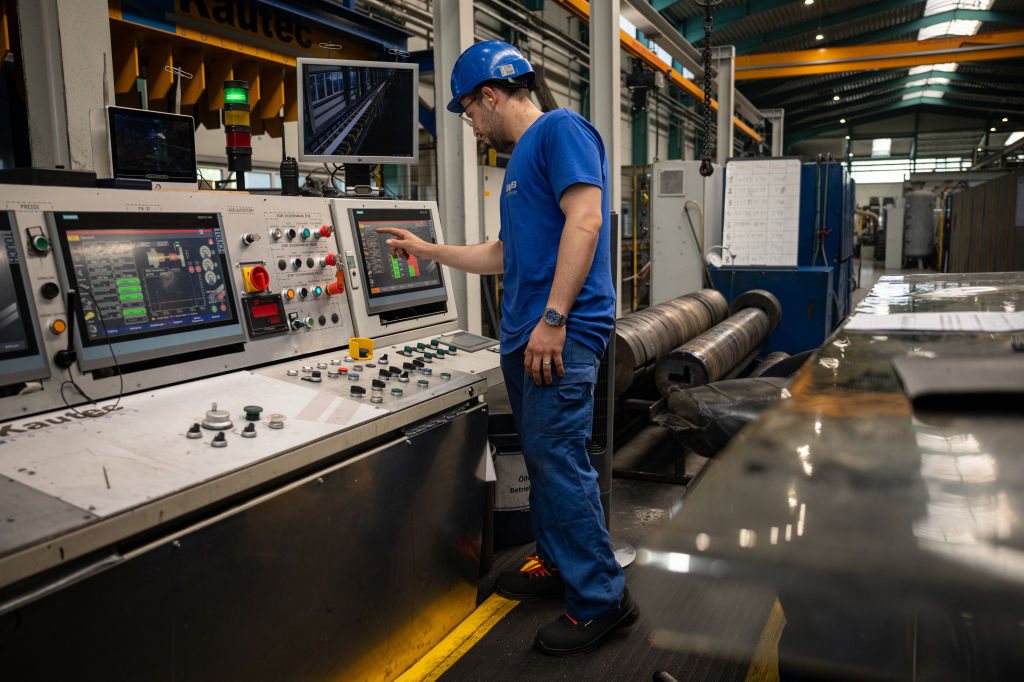Germany is about to downgrade its economic forecast for 2024, with authorities now hoping to register zero growth this year, according to a report from the international news agency Bloomberg.
Writing on September 30, the publication claimed that authorities were said to believe economic stagnation this year was the best Germany could hope for, with it being possible that the country’s economy could even shrink over the course of 2024.
While both possibilities represented a downgrade from the previously forecast 0.3 per cent growth in the economy, some reports said the new stagnation prediction was regarded as relatively optimistic, with private entities in the country said to be expecting a 0.1 per cent overall decline for the year.
The final prediction will be part of a public report by the German government, with Bloomberg pointing out that the estimate published by Berlin could change before its release.
Rumours surrounding the growth prediction downgrade came amid increasing political instability in Germany ahead of the country’s federal elections in September 2025.
Latest polling predicts Chancellor Olaf Scholz’s so-called traffic-light government — that is, Social Democratic Party (SPD), Free Democratic Party (FDP), and the Greens — will be kicked out of power, with the Berlin rumour mill having indicated that the Christian Democrats would opt to take power, likely with the help of the country’s Greens.
Such an arrangement had already proved controversial, with the Bavarian branch of the right-wing party, the Christian Social Union in Bavaria (CSU), having threatened to torpedo coalition talks.
Speaking at an event in Munich on September 23, CSU leader Markus Söder insisted that his group would never sign off on the proposed “Black-Green” coalition, and that the party’s goal should be to achieve a majority with another group.
That would be easier said than done, as Söder also insisted a coalition would not be built with the help of the left-wing populist Sahra Wagenknecht Alliance (BSW), which is expected to pull in around 10 per cent of the vote. In addition, the party itself has vowed to never co-operate with the populist-right Alternative for Germany (AfD), expected to win around 20 per cent.
With Germany’s other parties not expected to garner enough votes even to enter the federal parliament in 2025, it has left Scholz’s SPD as the only possible coalition partner remaining.
Such an arrangement would be likely to embolden the already expanding right-wing populist AfD, with the party’s exclusion from almost all forms of mainstream politics via a cordon sanitaire having already resulted in explosive growth over the last two years.
Some legacy party politicians have now advocated for the AfD to be banned entirely, although others said that not only would such a move have a considerable chance of failure, it would also drive support for the party even higher.
German chemistry giant BASF has said it was contemplating the closure of one in seven facilities at its main plant in Ludwigshafen. https://t.co/l3H7kOa7Ff
— Brussels Signal (@brusselssignal) September 26, 2024





